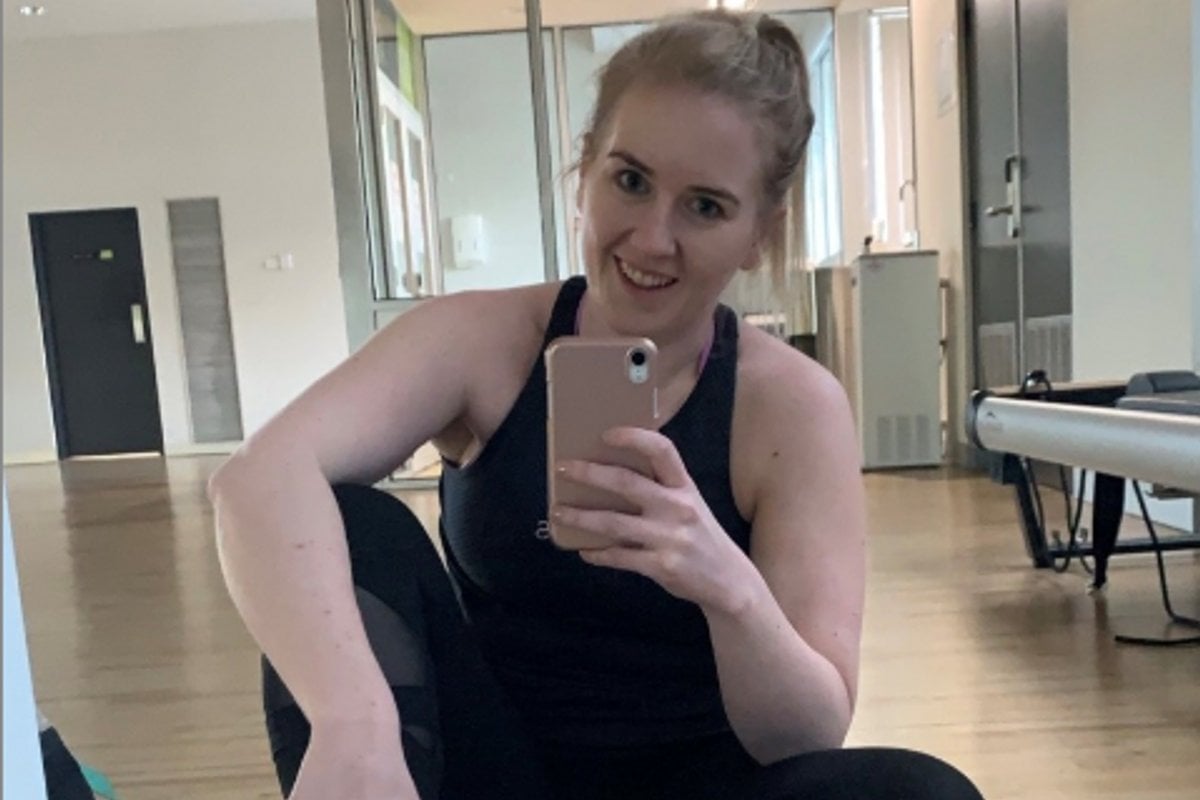
This post discusses eating disorders and may be triggering for some reasons.
Dear fitness professionals:
We all have one thing in common: we want to help people. From CrossFit, to spin, to yoga – we want to help people to be the best version of themselves.
But have you considered that someone being the best version of themselves doesn’t mean being the smallest version of themselves?
How often in the fitness industry are we led to assume that people are exercising purely to change the shape of their body? We celebrate weight loss as though it’s more important than the moral character of a person. And, of course - it’s not.
Watch: The horoscopes working out. Post continues below.
Next week is Body Image and Eating Disorder Awareness Week.
I want to take this opportunity to share my experiences as a fitness professional and encourage you to consider how you can respect all bodies that exist (and belong!) in the fitness industry.
Over my nine-year fitness industry career, I have faced many barriers to achieving a body-neutral approach in my work.





























































































